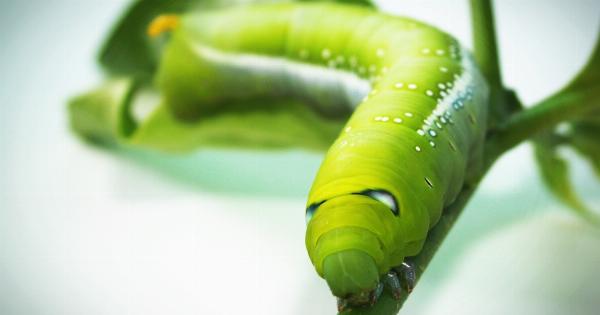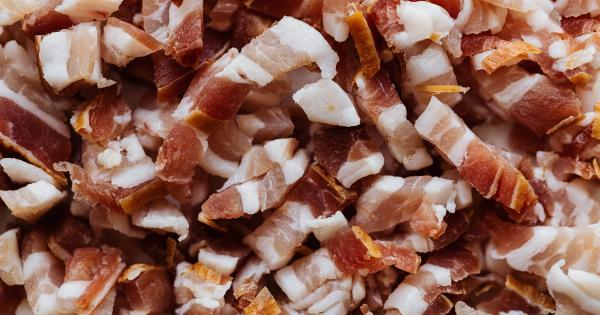People all around the world are gradually moving towards a healthier lifestyle. In that quest, cutting down on meat consumption and replacing it with plant-based protein is one of the pivotal steps.
Going herbal and embracing a plant-based diet might be one of the best changes one can make for their health and the environment.
What is Herbal Protein?
Herbal protein is plant-based protein that’s extracted from several sources such as soy, peas, lentils, beans, hemp, chia, brown rice, nuts, and seeds.
Protein is an essential macronutrient responsible for repairing and developing tissues, building and maintaining muscles and bones, and producing hormones and enzymes.
Benefits of Herbal Protein Over Animal Protein
Inflammation Reduction
While animal protein is an excellent source of protein, it contains saturated and trans fats, which may increase inflammation levels in the body.
Vegetarian proteins, on the other hand, contain natural anti-inflammatory components that help to decrease inflammation and improve overall wellbeing.
Low Cholesterol and Saturated Fats
The majority of plant-based proteins assist in lowering bad cholesterol levels and reducing saturated fats, which are considered one of the precursors of heart disease.
These also help to reduce the risk of stroke, blood pressure, obesity, and several other ailments related to heart issues.
Weight Loss
Herbal protein is lower in calories compared to animal protein sources such as beef, pork, or poultry. However, they are packed with fiber, low in fat, and satiating, which can help reduce hunger and promote weight loss.
Environment-Friendly
Plant-based diets are not only healthy for us, but they’re also sustainable for the environment.
Animal protein industries require immense land, water, and resources for production, raising livestock, and processing, all of which contribute to environmental harm via depletion of resources and greenhouse gas emissions. Eating a plant-based diet helps to sustain the environment, reduce ecological footprint, and secure the future for generations to come.
Digestive Aid
Plants are rich in dietary fiber, which helps regulate digestion and bowel movement.
It helps regulate the digestive system by promoting healthy bowel movements while preventing constipation and promoting the growth of beneficial bacteria in the digestive tract. Animal protein lacks dietary fiber that can cause digestive issues over time.
Lower Cost
Herbal protein is cheaper in cost than animal protein, making it more accessible to a broader range of income groups.
Versatility
Herbal protein can be used in various forms- powders, bars, shakes, and even as a meat substitute.
It can be used for a variety of culinary preparations such as adding pea protein to smoothies, tofu in stir-fry, quinoa in salads, or lentils as a soup or stews.
Cruelty-Free Option
Going herbal also means taking a stance against animal cruelty. Veganism or plant-based lifestyles promote animal welfare and are commonly referred to as cruelty-free options.
Regular Blood Sugar Level
Plant-based proteins such as legumes, nuts, and seeds, are low in the glycemic index, meaning they have less impact on blood sugar levels.
They help to regulate blood sugar levels and prevent life-threatening health conditions such as diabetes or hypoglycemia.
Boosted Immunity
Herbal proteins are loaded with vitamins, minerals, and antioxidants that can help strengthen the immune system, promoting overall health and vitality.
Conclusion
Going herbal is a step towards a better and healthier lifestyle, and adoption of plant-based diets allows one to savor the health benefits of nutrition and the environmental benefits of sustainability.
Shifting from an animal-based diet routine to a plant-based one draws immense benefits such as reducing cardiovascular risks, and obesity and increasing overall healthfulness. Herbal protein ensures a more sustainable earth, animal welfare, and potential disease mitigation-all of which are the best steps anyone could take for themselves and for the environment.





























